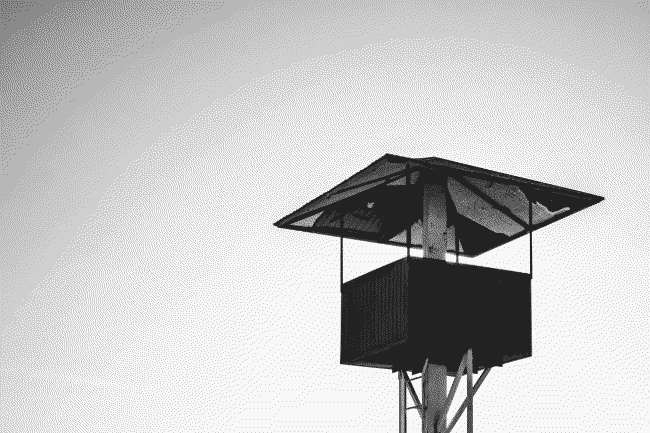Weeknote 03/2022
After two years of successfully dodging it, this was the week I caught Covid. Thankfully, because I’ve had three vaccinations, it’s been really mild and I’ve managed to work through it. I’m 99% sure that transmission happened via my daughter (who’s been off school with it) as half of her class are off with Covid.
Other than being pretty tired, the biggest annoyance has been not being able to go to the gym. I’ve managed some time on the exercise bike we bought at the beginning of the pandemic, but other than that I’ve spent a lot of time sitting down. My first symptoms were last Tuesday so if I have negative lateral flow tests on Sunday and Monday, then I’m out of ‘house arrest’.
We’ve been trying to get into a rhythm of co-working on different clients projects this week at WAO. Currently, we’re working with Greenpeace on a couple of projects, Participate, and Julie’s Bicycle. The latter has two strands to it, and with one of them we’re collaborating with Outlandish. As with any project, the hardest bit is at the start when you have to figure out the team, budget, and goals in a way that allows everyone to feel heard (without devolving into decisions made by committee).
One of our clients is considering holding an all-staff planning day soon, to which we might be invited. As Laura said, it’s kind of mindblowing to be thinking of doing work with real live humans in the same place and at the same time. This, despite the fact that, before the pandemic we were flying here there and everywhere.
(A note about flying: I’m potentially going to have to be more pragmatic this year than my self-imposed no-fly rule would allow. To get anywhere warm from where we live would otherwise entail days of travel and going through several different countries, all with potentially different Covid rules.)
I’ve started to get back into the habit of posting three times at day over at Thought Shrapnel. This week I published the following:
- Your accusations are your confessions
- How to be useless
- Does Not Translate
- Matching work activities to mind modes
- The cost of a thing is the amount of life which is required to be exchanged for it
- Reading is useless
- Optimism about the future
- Nine planetary boundaries
- Pix and digital payments in Brazil
- Abusing AI girlfriends
- The life-changing difference of an internet connection
- E2EE is for everyone
- Ancient cynicism
- Paying for everything twice
- Kids need life on the highest volume
- A low-tech solution for personal warmth
- Is QWERTY a really bad keyboard layout?
- Web3 and Ed3 are both problematic
I’ve yet to send out a newsletter this year. Although there’s around 1,500 subscribers to the Thought Shrapnel email list I do sometimes wonder whether to just automatically send out a digest of posts every week rather than manually create one.
After our daughter’s birthday last week, it was our son’s turn this week. It’s obviously the biggest parenting cliché going, but kids really do grow up so quickly. Google Photos showed photos from previous years and it seems like they stay really young for quite a while and then suddenly transform almost before your very eyes.
It’s a sobering thought to consider that the year after next we’ll be buying my son driving lessons for his birthday. Wow. And he’ll be old enough to join the military next year. Crazy.
Next week, I’m going to do lots of exercise after leaving self-isolation and go for some walks on the beach. All of the projects we’re working on last to at least the end of the first quarter of this year, so I’ll just keep on keeping on with those.

